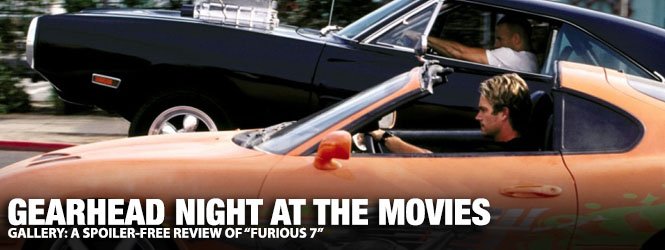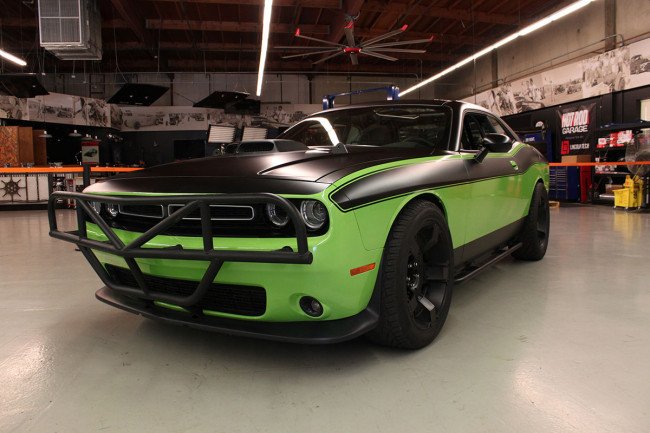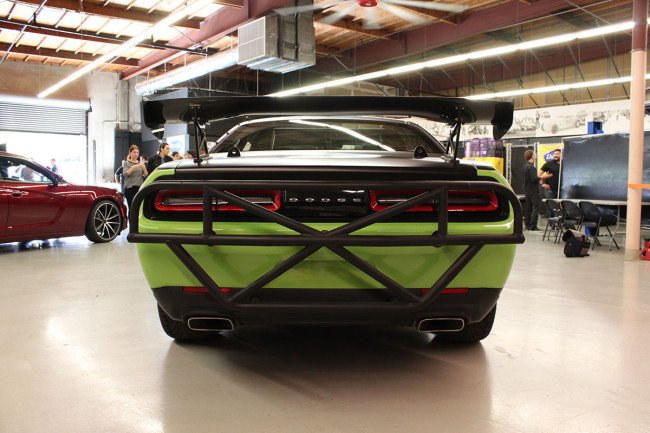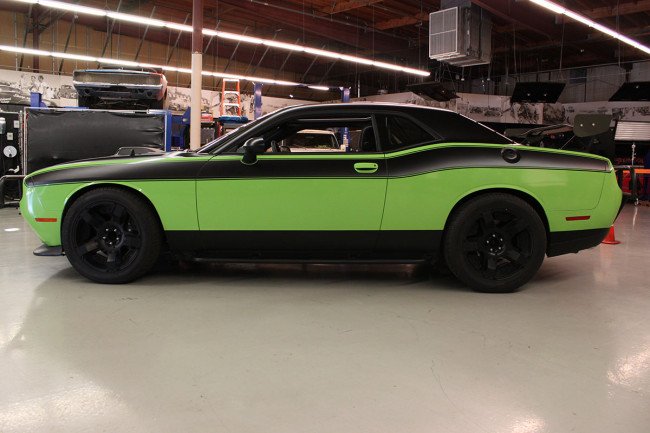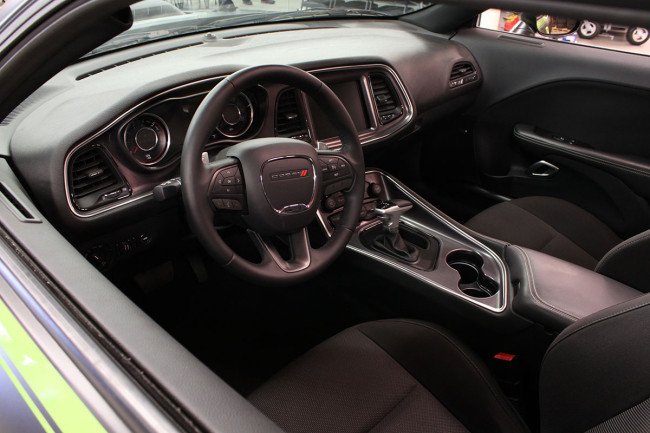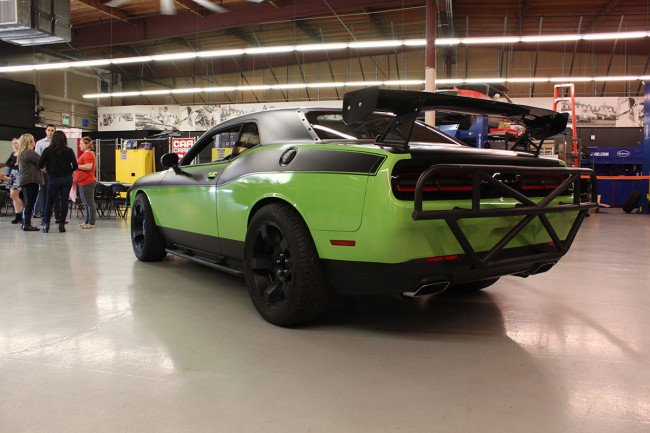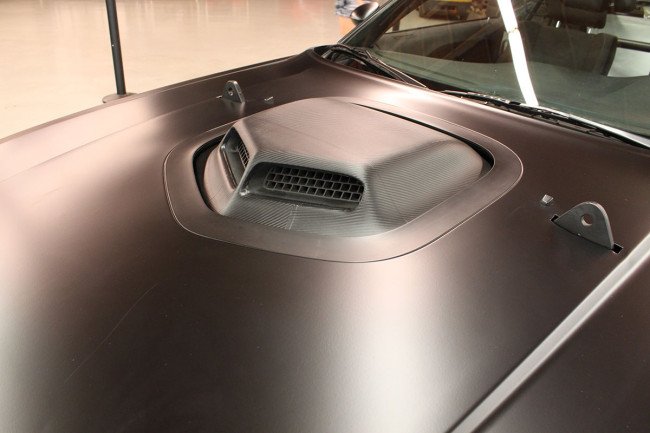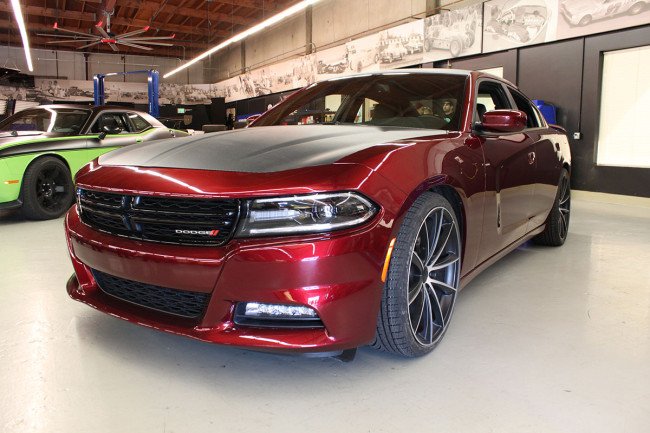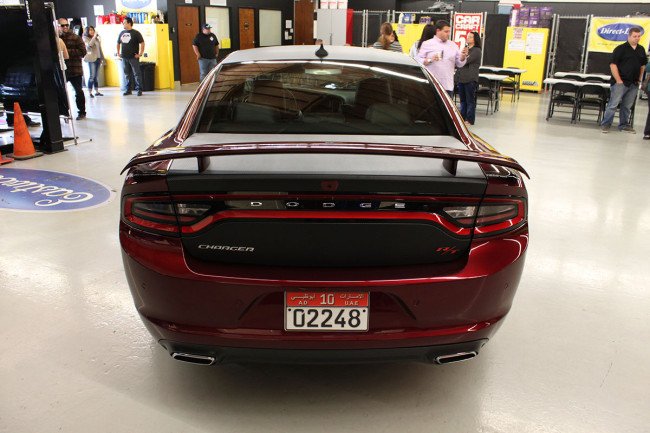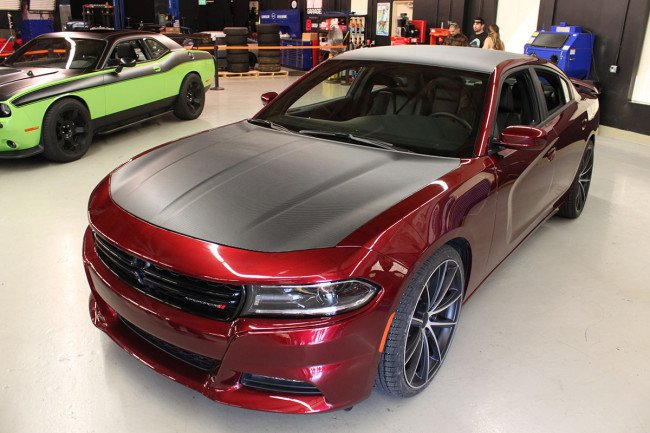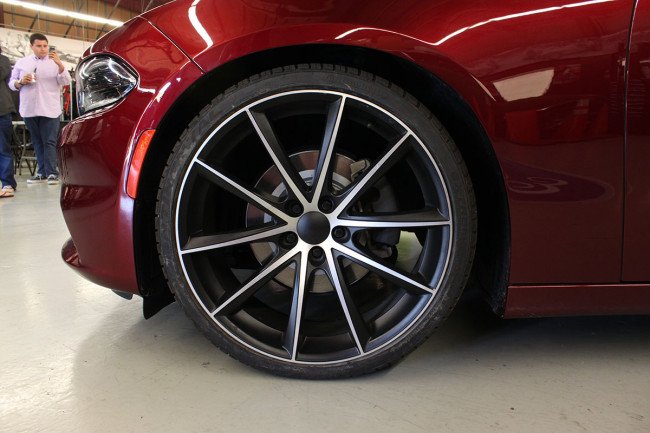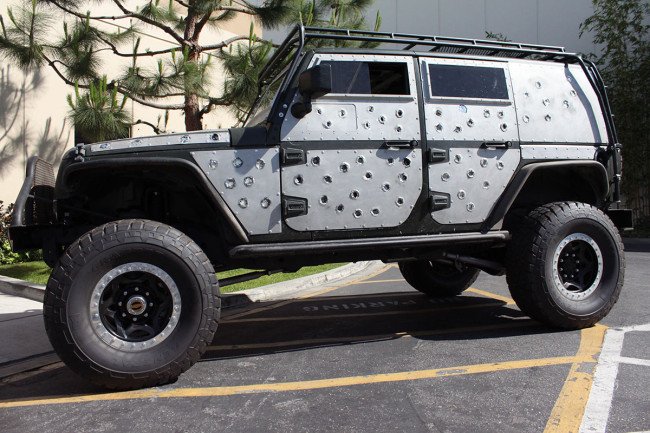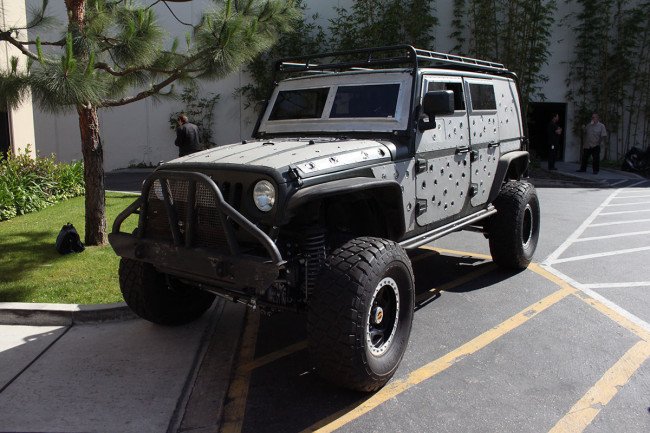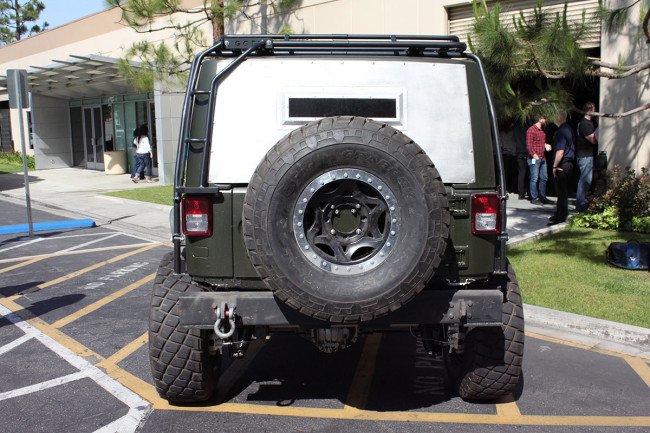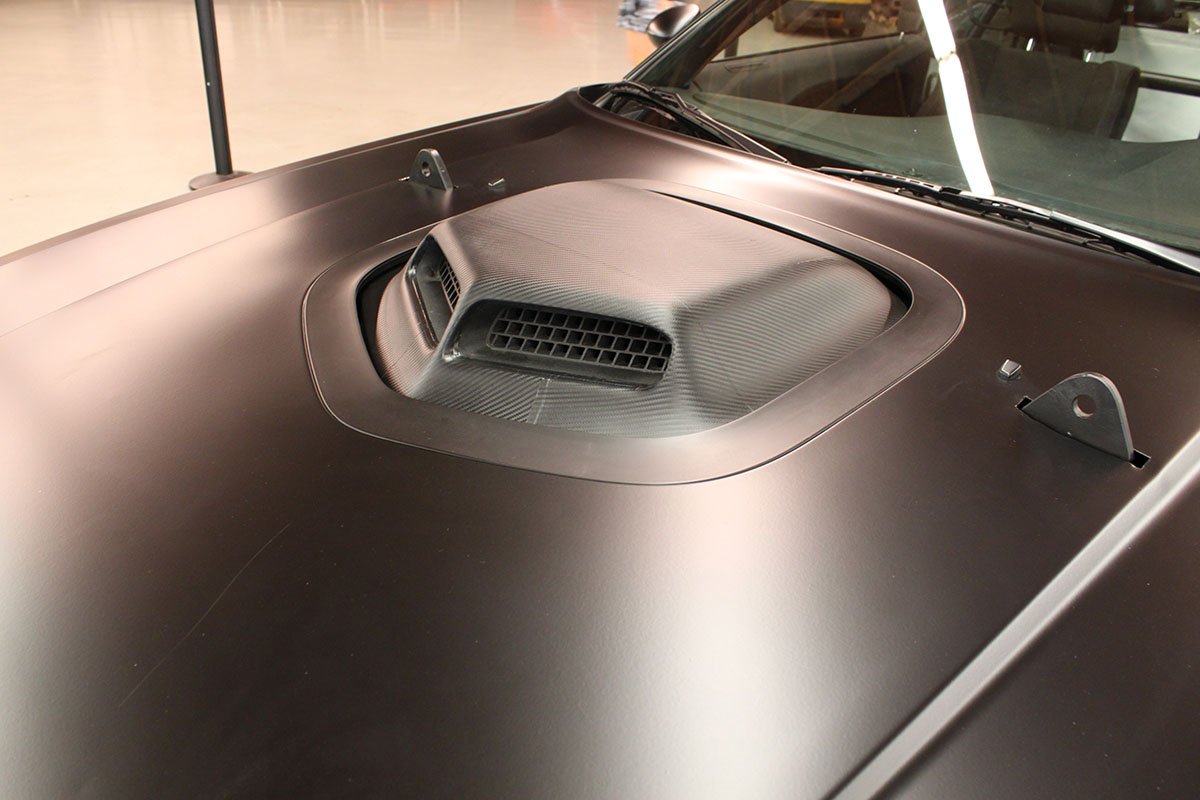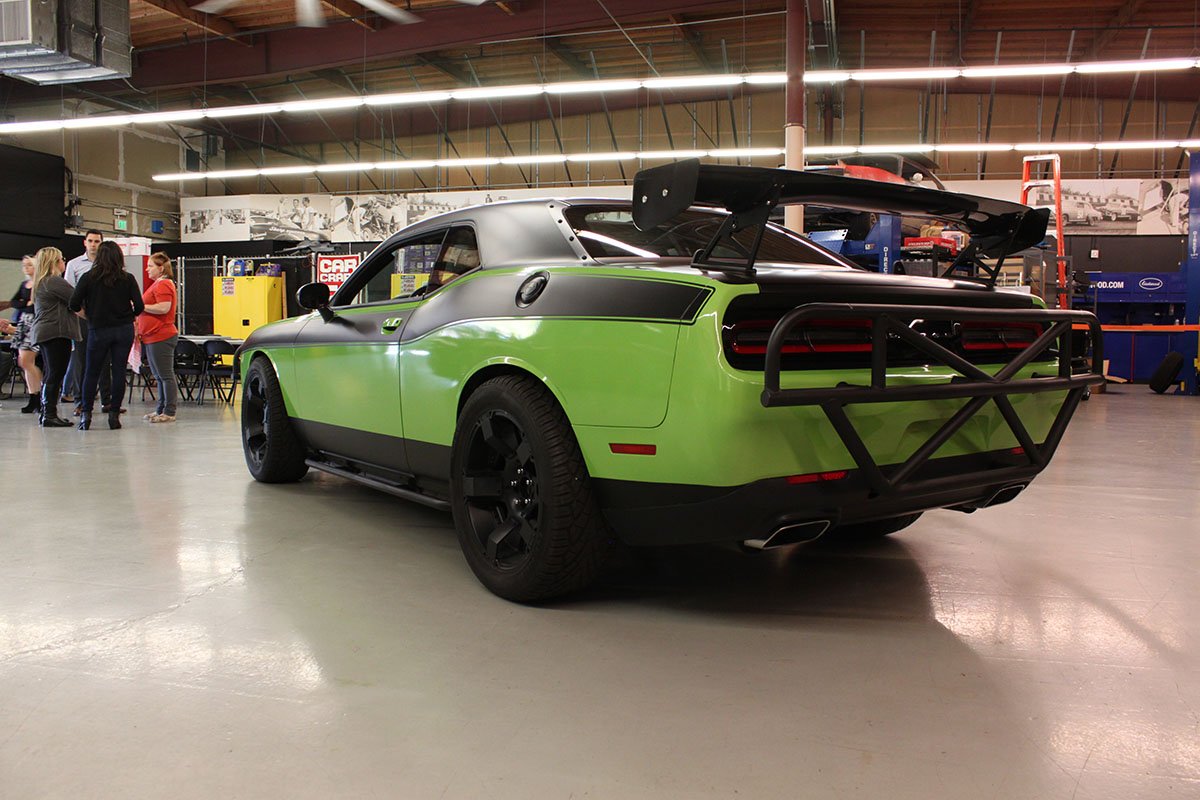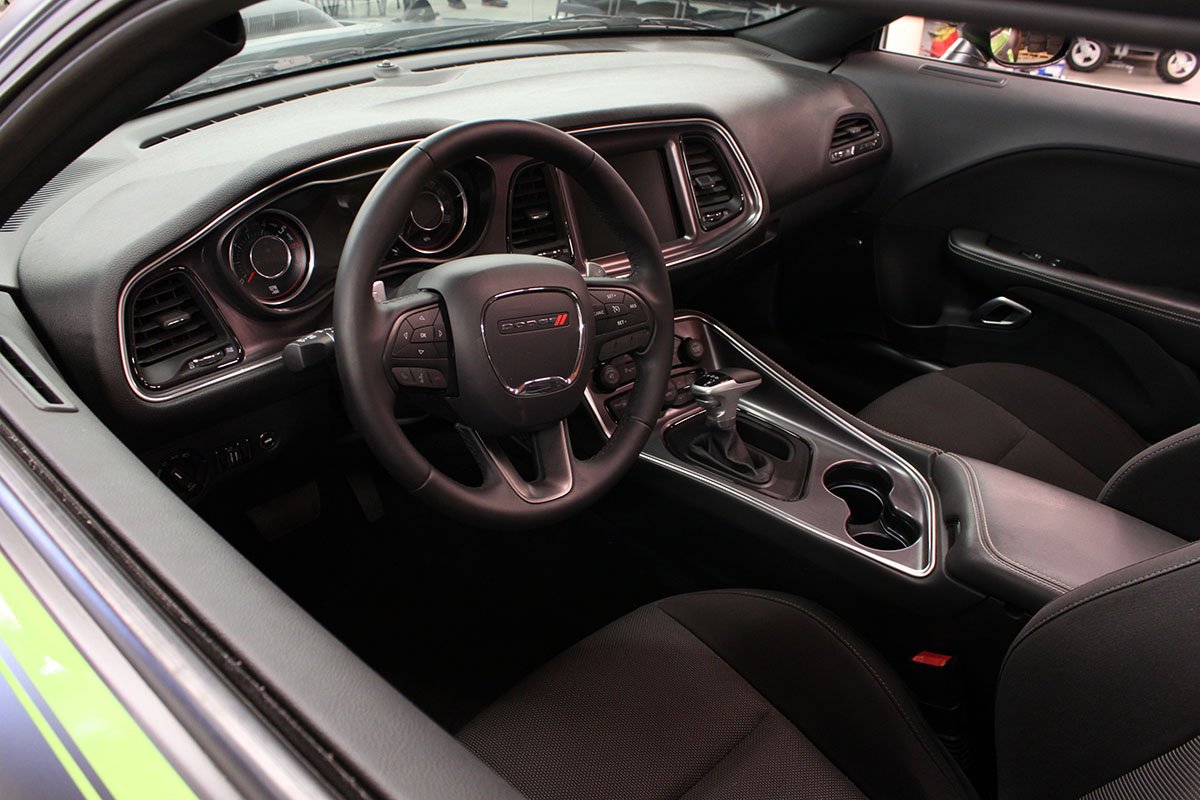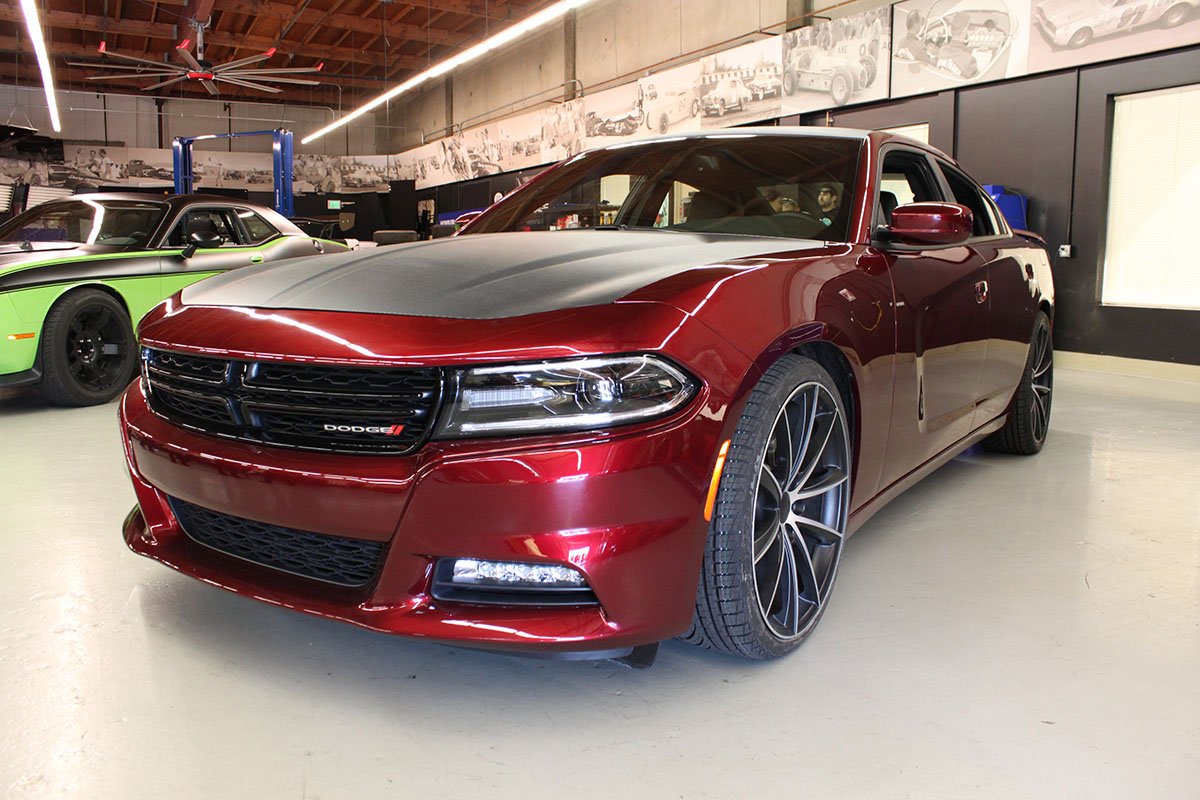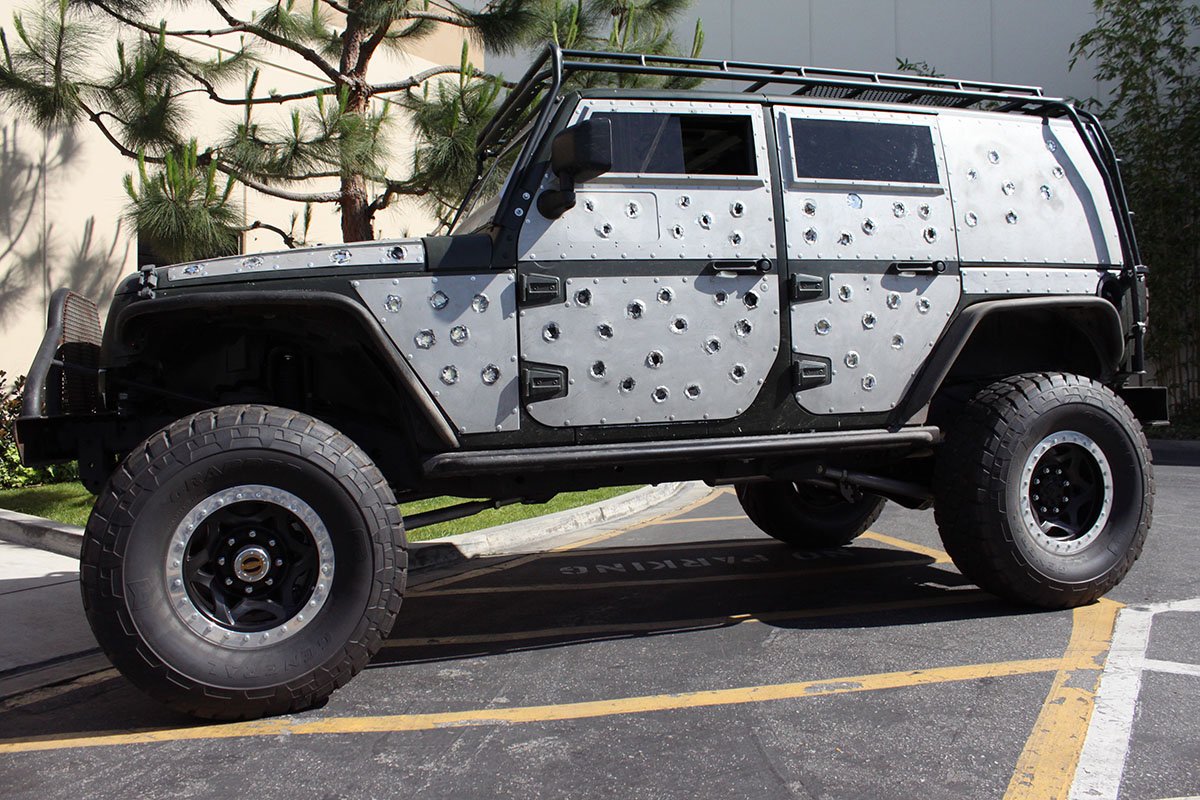For me, the first installment of the Fast and the Furious franchise could not have come about at a better time – I was “taking some time off” between high school and college, my daily driver was a big block ’68 Charger, and I hung out with an Orange County “car club” that was comprised of like-minded misanthropes who preferred Detroit iron over the new trend of tuner cars.
The prospect of the first movie was, for us, one of equal parts curiosity and amusement. We didn’t take the whole turbocharged FWD thing seriously, but the idea of Hollywood shining the spotlight on what was (to some degree anyway) pretty much what our lifestyles looked like at the time seemed fairly intriguing.
We balked at the huge wings, elaborate body kits, ridiculous sticker packages, and moments like “Danger to Manifold!” Despite the ridiculousness, it was undeniably entertaining. More importantly, it was just nice to feel like we had something resembling a voice in popular culture.
So from then on, I’ve made it a tradition to go see each sequel on opening night, an honor not bestowed on any other franchise as, truth be told, I’ve realized that I more or less hate going to the movies these days – when did it become socially acceptable to turn on your phone during a movie, anyway? So when the invite came in from Dodge to join them for a special pre-screening of the film with several of the star cars along for the ride, you can bet your ten-second Eclipse I was all over it. Rest assured I will not be giving out any spoilers here, but I would like to share some of my thoughts on Furious 7 and the franchise as a whole.
It’s hard to pinpoint exactly where it happened – I think it’s safe to say around Fast Five – but the franchise changed from being “so bad it’s good” to something more along the lines of just pretty damn entertaining action movies. Clearly a lot of this can be attributed to the success of each sequel and the requisite bump in the production budget for each subsequent installment.
The scripts got better, the stunts got more elaborate and, most importantly (to me anyway), the builds got much better. By the fifth installment, almost all of the inadvertent silliness of the first few films had been ironed out, and while these movies have always required a healthy dose of suspension-of-disbelief to be enjoyed, they no longer felt like parodies of themselves.
For several reasons, this shift is even more prevalent in Furious 7. The stunts are jaw dropping – the best of the series, in my opinion. The cast is incredibly on point – The Rock versus Jason Statham? Brilliant. And the builds? We get a Rally Fighter-esque ’70 Charger, a pro-touring ’72 Plymouth Barracuda and a stock car-style ’80s-era Caprice just to name a few among the score of killer custom performance cars here, which span a wide array of eras, styles and regions. But clearly there’s also another factor at play with regard to the shift in tone.
It sent shockwaves through the enthusiast community when Paul Walker was killed while riding shotgun in a Porsche Carrera GT in 2013 while in the midst of shooting Furious 7. Consciously or subconsciously, you can’t help but await the inevitable while watching the film, and while there’s no shortage of booty shaking, tire-smoking, bling-brandishing good fun here, there’s also a tangible level of seriousness too, which places a focus on the inevitability of change. It’s actually sort of uncanny how well the plot meshes with reality, especially considering the scenes that make that connection the most poignantly are shot with Walker himself.
Toward the end of the film, I found myself lamenting the loss of some of the “fun” of the first few Fast and the Furious movies. It wasn’t that I didn’t find Furious 7 immensely entertaining, it was that the series has evolved into something that’s substantially different from where it started, and I couldn’t help but be a bit wistful for the past.
But just as I am not the same guy with the Hemi Orange ’68 Charger that I was in 2001, neither are these actors or the roles that they play. I’ve grown up, and so has the franchise. Part of that process often involves facing some harsh realities, and how we deal with them helps define us as individuals.
Vin Diesel recently said, without a hint of irony, that he thinks Furious 7 should win the 2016 Oscar for Best Picture. I have my doubts about his odds, but I get where he’s coming from. Hollywood may not take the franchise seriously, but those of us in the gearhead community who’ve been here since the start have something of an emotional investment that can be hard for those outside our tribe to understand. Losing a key member of the family is an impossible pill to swallow, but it is handled with class, substance, and sincerity.
Did I just use those terms to describe a Fast and the Furious movie? My, how times have changed.



